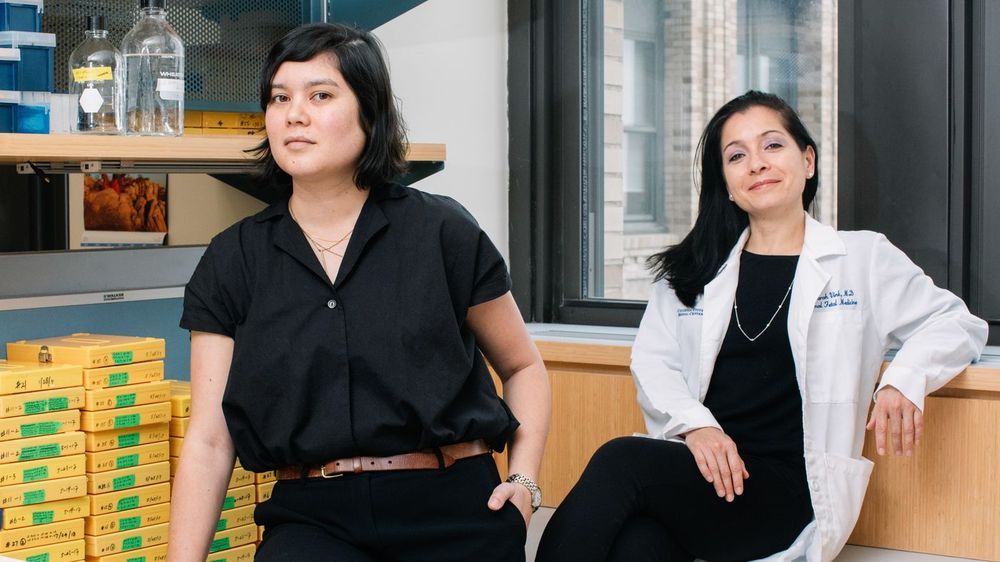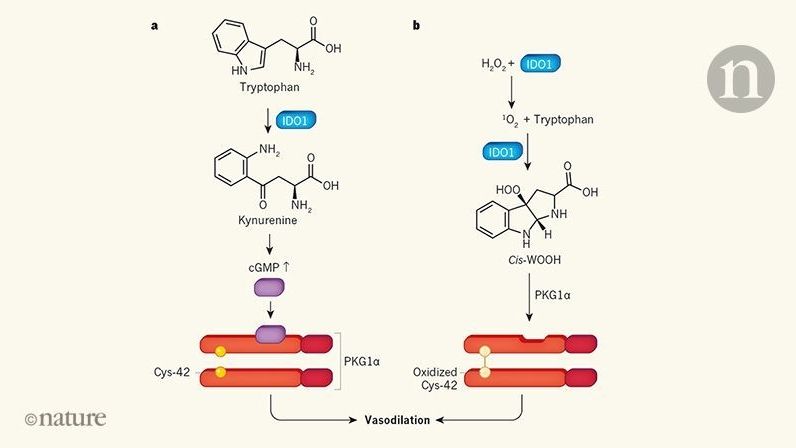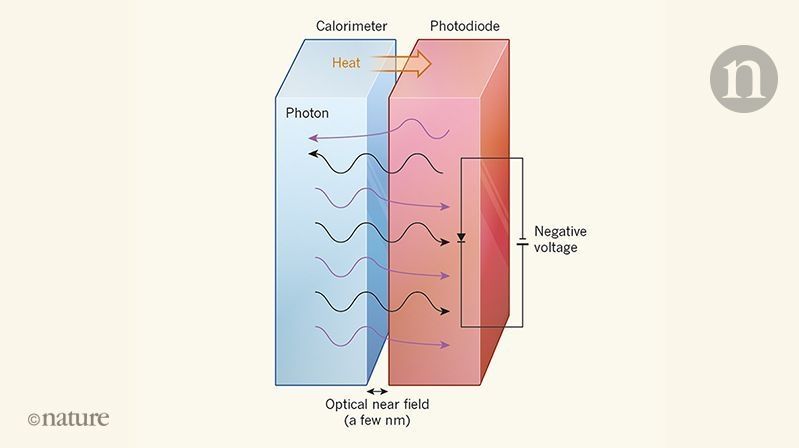Officials in Tokyo are testing a new technology that utilizes weather radar and terrestrial digital radio waves to “quickly and precisely predict torrential rain and tornadoes” up to 20 to 30 minutes in advance, the Mainichi reported on Sunday.
The new technology is being developed by “industry, government and academic bodies including the National Institute of Information and Communications Technology (NICT)” based in Koganei, the Mainichi wrote, and is hoped to be ready for deployment ahead of the 2020 Tokyo Olympics and Paralympics. Existing radar systems are limited in their ability to predict “guerilla rainstorms,” so called because they form quickly from rising, cooling water vapor and strike with little warning in specific areas. However, the new system is much more powerful and capable of estimating the size of raindrops and the structure of clouds, the Mainichi wrote:
Developers say the new “multi parameter phased array weather radar” (MP-PAWR) being tested can predict torrential downpours and tornadoes 20 to 30 minutes before they occur. This is because it has a flat antenna that emits radio waves over a wider range than the rotating bowl-shaped antennas used in traditional radars. It is a combination of an MP radar that enables observation of the size of raindrops, and a phased array radar that provides 3D scans of the structure of clouds in about 30 seconds.






